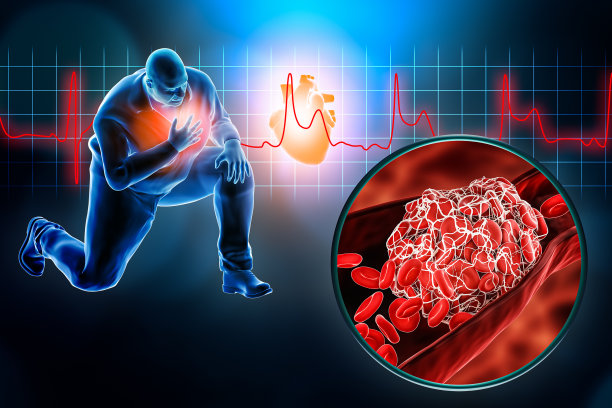Innovative Solutions for Cross Border Cardiovascular Disease Treatment
original:health91192025-02-19 11:53:38
Summary: In this article, we will explore innovative solutions for cross border cardiovascular disease treatment. We will delve into the advancements and strategies that are revolutionizing the way
Summary: In this article, we will explore innovative solutions for cross border cardiovascular disease treatment. We will delve into the advancements and strategies that are revolutionizing the way cardiac patients are cared for across borders, improving access to care and outcomes.
1. Telemedicine and Remote Monitoring

Telemedicine has played a crucial role in bridging the gap between patients and healthcare providers in different countries. Through remote monitoring devices and digital platforms, doctors can now monitor patients cardiovascular health in real-time, adjust treatment plans, and provide necessary interventions promptly.
Remote monitoring has enabled seamless communication and data sharing between healthcare professionals, leading to more personalized care and improved patient outcomes. By leveraging telemedicine technologies, patients can receive expert consultations from specialists worldwide without the need to travel long distances.
Besides, advancements in wearable technology allow patients to track their own health metrics and share data with healthcare providers, promoting self-management and early intervention.
2. Collaborative Care Networks
Establishing collaborative care networks involving healthcare providers, researchers, and policymakers from various countries has been instrumental in improving cross border cardiovascular disease treatment. These networks facilitate knowledge exchange, best practice sharing, and joint research efforts, leading to the development of innovative treatment approaches.
By fostering collaboration among experts in the field, care networks enhance the quality of care provided to cardiovascular patients, ensuring that the latest research findings and treatment modalities are implemented across borders. Through these partnerships, healthcare systems can leverage each others strengths and resources, ultimately benefiting patients and improving health outcomes.
Collaborative care networks also promote cultural competence and awareness, allowing healthcare professionals to better understand and address the unique needs of patients from different backgrounds and regions.
3. Data-driven Decision Making
The use of data analytics and artificial intelligence in cardiovascular care has revolutionized treatment strategies and outcomes. By analyzing large datasets and patient information, healthcare providers can identify trends, predict risks, and personalize treatment plans based on individual patient profiles.
Data-driven decision-making empowers healthcare professionals to make informed choices about patient care, leading to more efficient and effective treatment outcomes. Through the integration of AI algorithms, providers can streamline processes, reduce errors, and improve patient safety in cross border cardiovascular disease treatment.
Moreover, data-driven approaches enable continuous monitoring and evaluation of treatment outcomes, allowing for real-time adjustments and optimization of care pathways for better patient management.
4. Patient Education and Empowerment
Educating and empowering patients to actively participate in their care is key to successful cross border cardiovascular disease treatment. By providing patients with comprehensive information about their condition, treatment options, and self-management strategies, healthcare providers can promote patient engagement and adherence to treatment plans.
Through patient education programs and support resources, individuals can make informed decisions about their health and lifestyle choices, leading to improved treatment outcomes and quality of life. Empowering patients to take control of their health fosters a sense of ownership and responsibility, enhancing the effectiveness of treatment interventions.
Furthermore, patient empowerment promotes collaboration between patients and healthcare providers, facilitating open communication, shared decision-making, and mutual goal setting for optimal cardiovascular care outcomes.

Summary:
Innovative solutions for cross border cardiovascular disease treatment encompass a holistic approach that leverages technology, collaboration, data-driven insights, and patient empowerment to enhance patient care and outcomes. By adopting these cutting-edge strategies, healthcare systems can transcend geographic boundaries, address healthcare disparities, and provide high-quality cardiovascular care to patients worldwide.
This article is published by HEALTH9119 Medical Health Network https://www.health9199.com arrangement